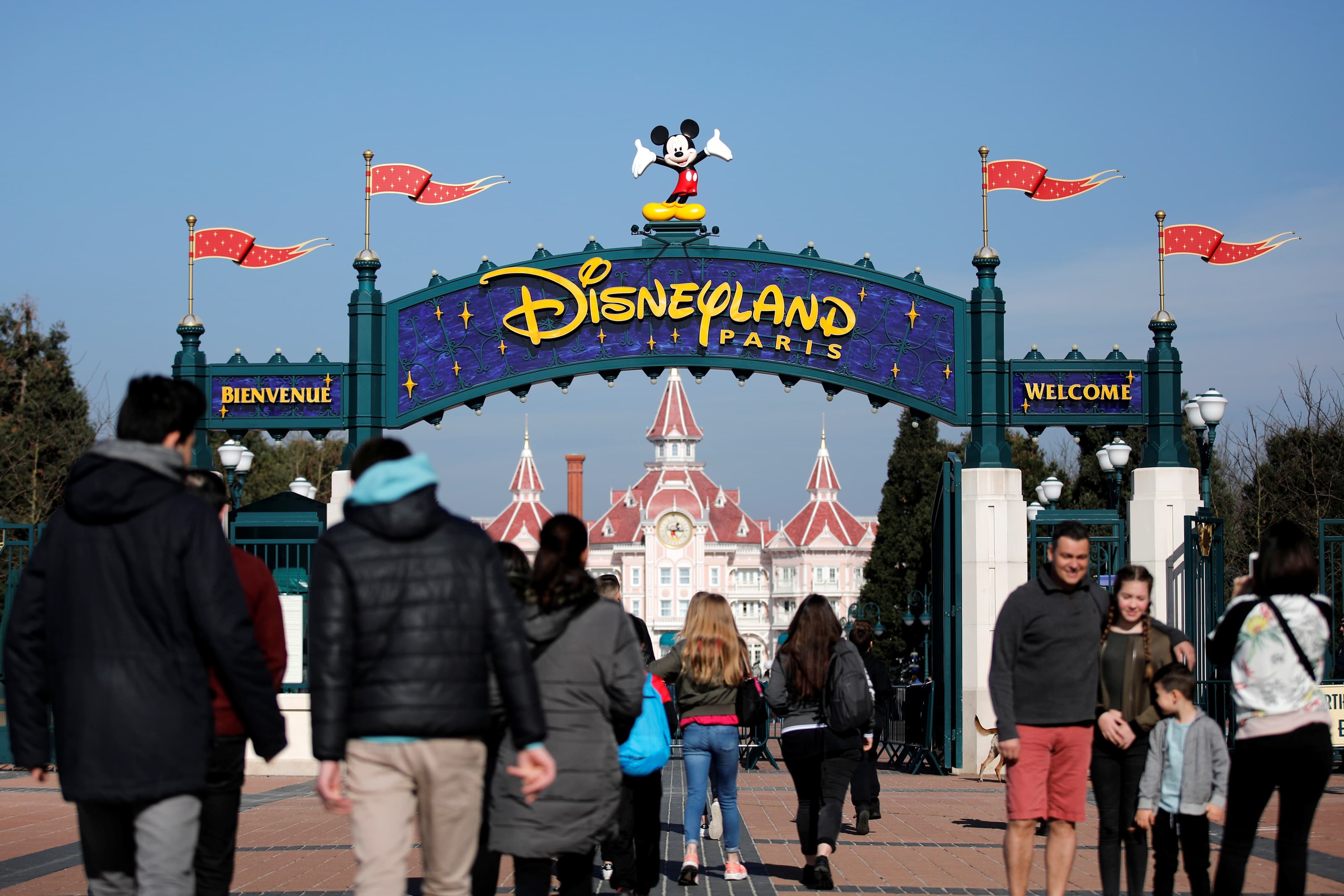Disney beats expectations across the board, with parks segment returning to profit

Disney reported blowout fiscal third-quarter earnings after the bell Thursday, beating Wall Street expectations on subscriber growth, revenue and earnings.
Shares were up more than 5%.
- Earnings per share: 80 cents vs 55 cents expected in a Refinitiv survey of analysts
- Revenue: $17.02 billion vs $16.76 billion expected in the survey
The company beat on subscriber estimates for Disney+, coming in at 116 million. StreetAccount estimated the company to report 114.5 million subscribers in its third quarter. The segment had 103.6 million in its fiscal second quarter.
Average monthly revenue per subscriber for Disney+ dipped 10% year-over-year to $4.16. The company attributed the dip to a higher mix of Disney+ Hotstar subscribers compared to the prior-year quarter.
Disney’s average revenue per user has shrunk in recent quarters because of the lower price points for its Disney+ and Hotstar bundle in Indonesia and India. The service has lower average monthly revenue per paid subscriber than traditional Disney+ in other markets, pulling down the overall average for the quarter.
The company said it had nearly 174 million subscriptions across Disney+, ESPN+ and Hulu at the end of its third quarter. Revenue for its direct-to-consumer segments increased 57% to $4.3 billion. Average monthly revenue per paid subscriber grew slightly for ESPN+ and Hulu.
Parks segment returns to profitability
Disney’s parks, experiences and products segment returned to profitability for the first time since the pandemic began, though the parks alone are not yet profitable.
Revenue at Disney’s parks, experiences and products segment jumped 307.6% to $4.3 billion, as all of its parks were reopen during the fiscal third quarter and attendance and consumer spending rose.
Disney’s domestic parks eased restrictions in April, which led to a boost in attendance.
In late July, rival Comcast, which owns and operates several Universal Studios theme parks in the U.S. and aboard, reported its parks turned a profit, marking the division’s first profitable period since the first quarter of 2020.
The resurrection of the theme park industry is critical to Disney’s bottom line. After all, in 2019, the segment, which includes cruises and hotels, accounted for 37% of the company’s $69.6 billion in total revenue.
Content sales and licensing revenues decreased 23% to $1.7 billion in the quarter. At the same time, operating income decreased 58% to $132 million.
This story is developing.
Disclosure: Comcast is the parent company of NBCUniversal and CNBC. NBCUniversal operates Universal Studios theme parks. Comcast owns a stake in Hulu.




